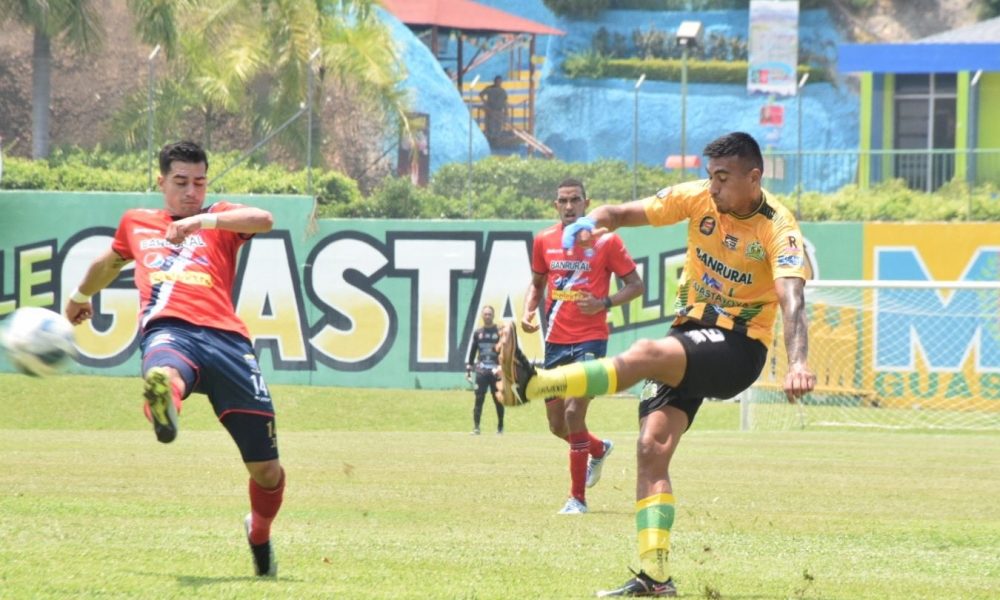Uganda – Prominent activist Stella Nyanzi seeks political asylum in Kenya, citing persecution in Uganda

Museveni suspends the operations of an internationally funded fund for governance and human rights
Madrid, 4 (Europe Press)
Her lawyer, George Lushiri Wagakoya, confirmed that a prominent Ugandan activist and candidate for parliament, she fled to Kenya to seek political asylum, citing persecution against her by President Yoweri Museveni.
Nianzi, who was a candidate for the opposition Forum for Democratic Change in the recent parliamentary elections, indicated that “kidnappings and arrests of political actors” approached her character.
“I and my children were targets of police control. I left prison in February of last year and I don’t want to return,” he said, before adding that he crossed the border with Kenya “in disguise,” a Ugandan newspaper reported. Daily Monitor.
Nianzi was released in February 2020 after an appeal was accepted by her defense against her one-and-a-half-year prison sentence for posting a poem critical of the president on social media.
The activist has previously been accused of posting criticism of Museveni and his wife, Janet Museveni, on Facebook. Nianzi, a researcher at Makerere University, was arrested in 2016 for nearly naked protest to denounce the treatment she had allegedly suffered by the center’s management in a dispute over her contract.
On the other hand, Museveni ordered the suspension of a fund established by several countries, including those that make up the European Union (EU) to finance the activities of civil organizations that promote democracy and human rights in the African country.
The Ugandan president has called on the police to investigate why the Ministry of Finance allows foreign donors “freedom” to choose the activities they fund without prior approval from the government through the Democratic Governance Facility (DGF), according to Ugandan news. Nile Post Gate.
Museveni’s complaints
Consequently, he criticized that a large part of the money handled by this agency went to finance the activities of organizations aimed at overthrowing their executive director “in the name of improving governance,” which he described as unacceptable and interference in the internal affairs of Uganda.
“I ordered to stop the activities of this fund immediately until the government undertakes a complete review of this issue and forms a new governance structure with representatives elected by the Ugandan people and with appropriate supervision, and agrees to it,” he said. .
Museveni won a sixth term as president after the controversial elections on January 14, although the main opposition leader, Robert Kyagolani, popularly known as Bobby Wayne, appealed to the Supreme Court on Monday to try to overturn the results.
The political crisis in Uganda was exacerbated by reports of electoral fraud by the opposition National Unity Party. Kyagolani was presented as the main competitor to Museveni, who had led the country since 1986 and had secured a sixth term after a series of constitutional amendments to be able to go to the polls.
The elections took place in a particularly tense context due to the increasing repression against the opposition and the killing of more than 50 people in November due to the action of security forces against protesters after Kyagolani was arrested during an election event.

“Reader. Beer practitioner. Web expert. Subtly charming travel geek. Friendly music specialist.”











